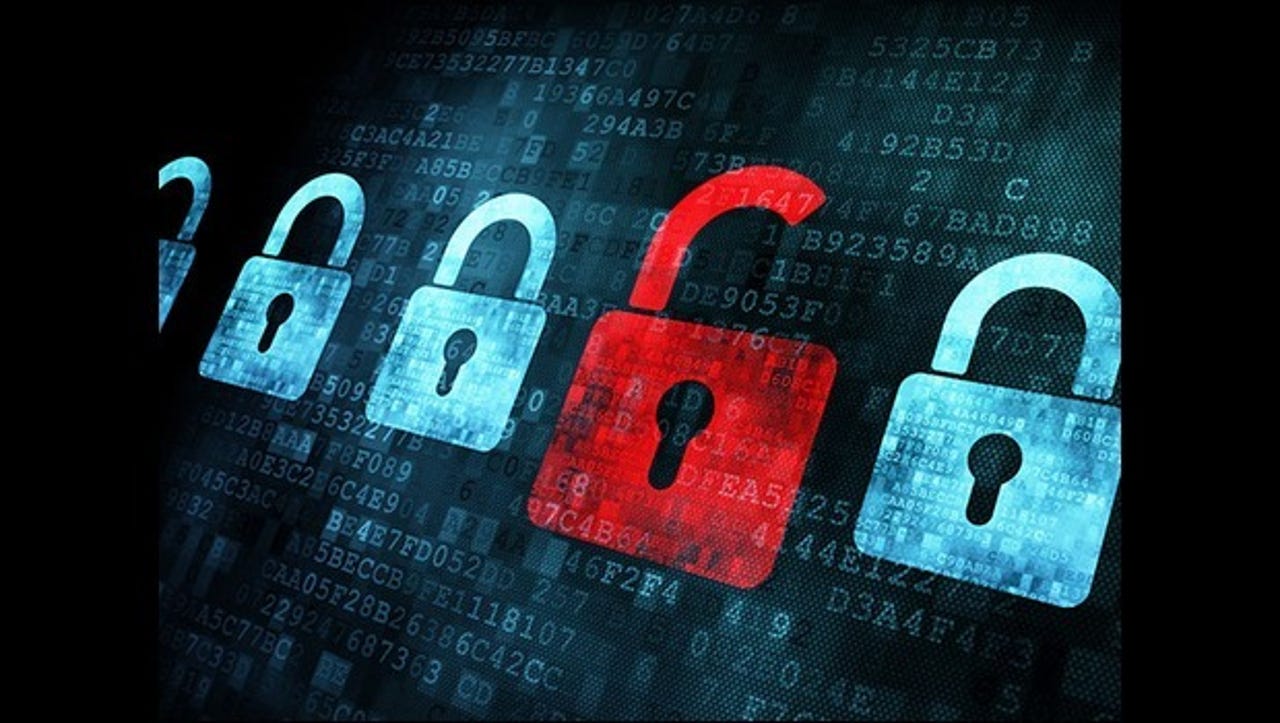NYC students turned into cyberwarriors


With cyberthreats on the rise and no doubt likely to worsen on a global scale, how do you prepare for the future?
Train up would-be hackers yourself.
New York is one of the latest hotspots for students to learn how to crack computer systems. As reported by the San Francisco Chronicle, students often meet for "Hack night" events organized at NYU-Poly, where students are able to enjoy a pizza, stick on some music, and start hacking into networks.
As we all know, hacking is illegal. However, in order for students to stand up against cybercriminals in the future, practice is needed -- and so industry experts, professors and the university's "Hacker In Residence" Dan Guido create exercises that mimic real-world hacking scenarios instead.
Guido walks students through the ways hackers breach a system step-by-step by means of these exercises, while still keeping his students on the straight and narrow. These methods include attacking Internet browsers, through phishing emails that deposit trojans, and learning how DDoS attacks are constructed.
Other schools also teach their would-be hackers these skills, including Georgia Tech and Purdue, as well as academic institutions in the UK and Australia. However, thanks to the extra activities like Hack nights and annual hacking competitions, NYU-Poly has earned its place as a top place to teach cybersecurity methods and hacking.
"Every one of the faculty, every one of the undergraduates and every one of the graduate students is engaged in real-world exercises," says Alan Paller, director of the SANS Institute. "They come out having actually developed and tested their skills."
This week, the budget proposal for the 2014 fiscal year includes funds to hire military "hackers" and boost the Pentagon's cybersecurity force with both military and civilian personel. The overall budget for cybersecurity will be increased by 21 percent ($800 million), bringing the total funds available for cybersecurity weapons and defense to $4.7 billion. In addition, the House Intelligence Committee voted in favor this week of introducing the CISPA bill -- means to provide better data sharing to combat cyberthreats, but also considered a "privacy killer" by many rights groups.
The next generation has to be trained up to be able to combat cybercrime, and as Paller notes, the only thing that can combat the trend of digital warfare is skill. "We have too many people in the cybersecurity field that don't have the hands-on skills," Paller commented. "We call them frequent fliers. We don't have enough pilots."
No NYU-Poly students have been caught using their skills for nefarious purposes yet, and after drilling ethics into their heads, if a student is found to have crossed the line they will be thrown out of the lab. With many of the 270-odd students already lining up lucrative positions in blue chip firms or for the US government, perhaps its simply not worth the risk.